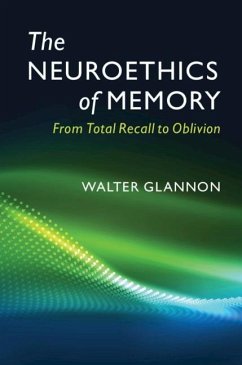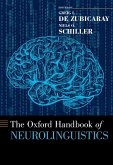The Neuroethics of Memory is a thematically integrated analysis and discussion of neuroethical questions about memory capacity and content, as well as interventions to alter it. These include: how does memory function enable agency, and how does memory dysfunction disable it? To what extent is identity based on our capacity to accurately recall the past? Could a person who becomes aware during surgery be harmed if they have no memory of the experience? How do we weigh the benefits and risks of brain implants designed to enhance, weaken or erase memory? Can a person be responsible for an action if they do not recall it? Would a victim of an assault have an obligation to retain a memory of this act, or the right to erase it? This book uses a framework informed by neuroscience, psychology, and philosophy combined with actual and hypothetical cases to examine these and related questions.
Dieser Download kann aus rechtlichen Gründen nur mit Rechnungsadresse in A, B, BG, CY, CZ, D, DK, EW, E, FIN, F, GR, HR, H, IRL, I, LT, L, LR, M, NL, PL, P, R, S, SLO, SK ausgeliefert werden.









